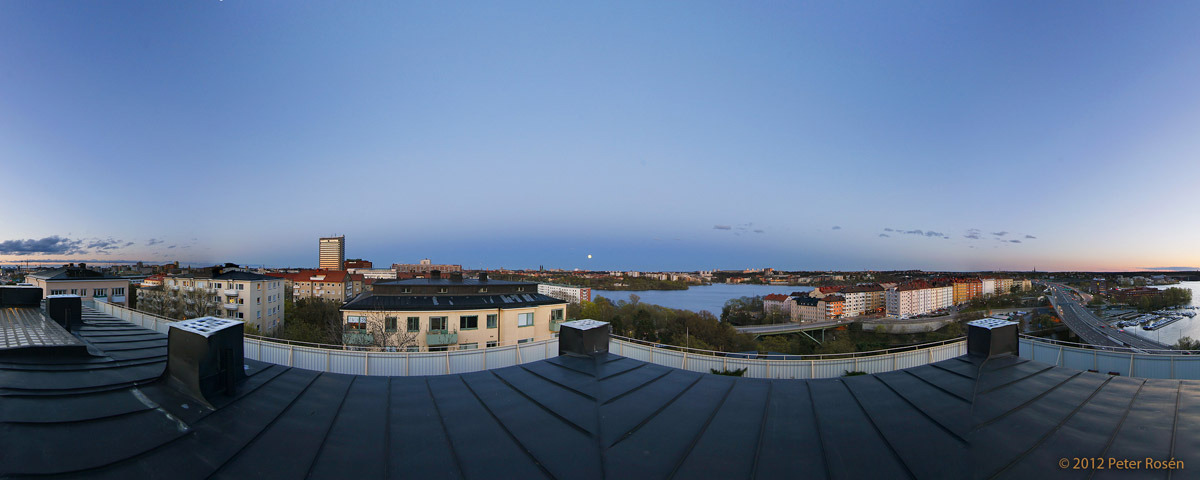Difference between revisions of "May 6, 2012"
| Line 3: | Line 3: | ||
<!-- ws:start:WikiTextHeadingRule:0:<h1> --> | <!-- ws:start:WikiTextHeadingRule:0:<h1> --> | ||
<!-- ws:start:WikiTextLocalImageRule:6:<img src="/file/view/LPOD-May6-12.jpg/330551532/LPOD-May6-12.jpg" alt="" title="" /> -->[[File:LPOD-May6-12.jpg|LPOD-May6-12.jpg]]<!-- ws:end:WikiTextLocalImageRule:6 --><br /> | <!-- ws:start:WikiTextLocalImageRule:6:<img src="/file/view/LPOD-May6-12.jpg/330551532/LPOD-May6-12.jpg" alt="" title="" /> -->[[File:LPOD-May6-12.jpg|LPOD-May6-12.jpg]]<!-- ws:end:WikiTextLocalImageRule:6 --><br /> | ||
| − | <em>image by [mailto:rosen@pixmix.a.se | + | <em>image by [mailto:rosen@pixmix.a.se Peter Rosén], Stockholm, Sweden</em><br /> |
<br /> | <br /> | ||
| − | I am sick of the silly hype about a supermoon. For the last two days TV news programs, websites and it seems everything else have been breathlessly announcing Saturday's supermoon, and you have to observe it at 11:35 PM EST. You get the feeling that they think only at that minute will it be worth watching. The whole <em>supermoon</em> frenzy is relatively new, the term being [http://en.wikipedia.org/wiki/Supermoon | + | I am sick of the silly hype about a supermoon. For the last two days TV news programs, websites and it seems everything else have been breathlessly announcing Saturday's supermoon, and you have to observe it at 11:35 PM EST. You get the feeling that they think only at that minute will it be worth watching. The whole <em>supermoon</em> frenzy is relatively new, the term being [http://en.wikipedia.org/wiki/Supermoon invented] by an astrologer in 1979 and only becoming widely used in the last few years. The Moon has an elliptical orbit so that it constantly moves closer or further from Earth. A supermoon is said to occur when the Moon is nearly at its minimum distant (and thus at its largest size) and the phase is new or full. Tidally, and perhaps astrologically, a new or full supermoon may be equally potent, but a new one is nothing visually while a full one is a pleasure that people have enjoyed for thousands of years. Peter's image puts the whole silliness in a proper perspective. The two things of most interest here are the rising shadow of the Earth - I hope everyone has seen it sometime - and that Stockholm is really flat.<br /> |
<br /> | <br /> | ||
| − | <em>[mailto:tychocrater@yahoo.com | + | <em>[mailto:tychocrater@yahoo.com Chuck Wood]</em><br /> |
<br /> | <br /> | ||
<strong>Technical Details</strong><br /> | <strong>Technical Details</strong><br /> | ||
Revision as of 17:48, 11 January 2015
The Littlest Supermoon

image by Peter Rosén, Stockholm, Sweden
I am sick of the silly hype about a supermoon. For the last two days TV news programs, websites and it seems everything else have been breathlessly announcing Saturday's supermoon, and you have to observe it at 11:35 PM EST. You get the feeling that they think only at that minute will it be worth watching. The whole supermoon frenzy is relatively new, the term being invented by an astrologer in 1979 and only becoming widely used in the last few years. The Moon has an elliptical orbit so that it constantly moves closer or further from Earth. A supermoon is said to occur when the Moon is nearly at its minimum distant (and thus at its largest size) and the phase is new or full. Tidally, and perhaps astrologically, a new or full supermoon may be equally potent, but a new one is nothing visually while a full one is a pleasure that people have enjoyed for thousands of years. Peter's image puts the whole silliness in a proper perspective. The two things of most interest here are the rising shadow of the Earth - I hope everyone has seen it sometime - and that Stockholm is really flat.
Chuck Wood
Technical Details
May 5, 2012. A 270° panorama from my rooftop with the moon in the center of the rising earth shadow. Canon Eos5D MkII with a 8-15 / f4 fisheye zoom set at 15 mm. I stitched together 4 images for this extreme wide-angle view.



